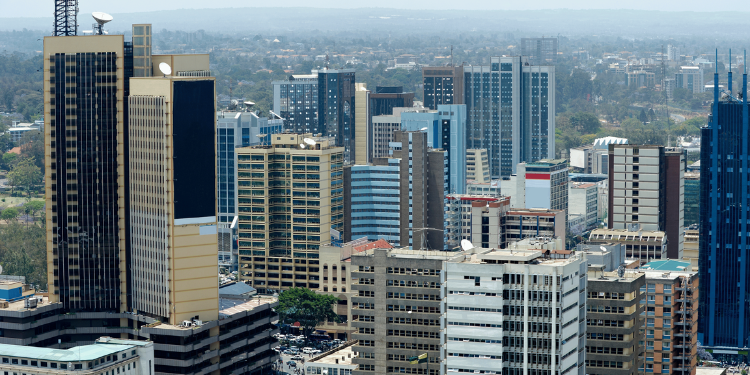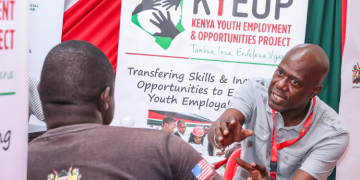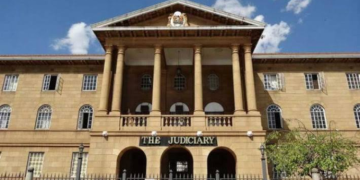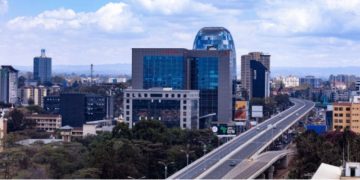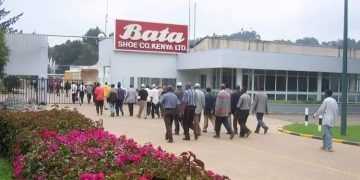A Single Business Permit (SBP) is a vital document for any business operating in Kenya.
Issued by county governments, the permit serves as a legal requirement for business operations and contributes to local development through the payment of annual fees.
A Single Business Permit is a license issued by the county government that authorizes a business to operate within a specific locality.
It consolidates several business licenses into one, streamlining compliance for entrepreneurs and corporations alike.
Businesses need an SBP to meet three core objectives:
- Legal compliance: The permit is required by law for all operating businesses.
- Support for local development: Fees collected support infrastructure and public services.
- Avoidance of penalties: Failure to comply can result in fines or the closure of your business.
Who Needs It?
The permit applies to all forms of businesses, including:
- Sole proprietorships
- Small and medium enterprises (SMEs)
- Large corporations
- Nonprofit organizations
- Home-based businesses
Application Process
The procedure may vary by county, but the general steps are consistent nationwide.
Step 1: Determine Your County
Identify the county where your business is located. Each county government manages its own SBP process, either through physical offices or digital platforms such as eCitizen.
Also Read: Passport Application in Kenya: Fees, Forms, and Requirements
Step 2: Prepare Required Documents
Most counties require the following:
Business registration certificate
National ID or passport
KRA PIN certificate
Business address and supporting documentation (e.g., lease agreement or utility bill)
Previous year’s SBP (for renewals)
Step 3: Submit Your Application
There are two ways to apply:
Online via eCitizen
Log in to your eCitizen account.
Select “County Services” and choose your county.
Click on “Single Business Permit” and complete the form.
Upload documents and pay the applicable fee via M-Pesa or other methods.
Download your approved permit.
In-Person at County Offices
Visit your county’s licensing office.
Please complete the application form and attach the required documents.
Pay the fee at the county treasury or designated bank.
Collect the permit once it is approved.
Cost of a Business Permit
Fees vary depending on:
- Type of business: Retail, food service, manufacturing, etc.
- Size of business: Measured in square meters and employee count
- Location: Urban centers tend to have higher rates than rural areas
Typical fees:
Small businesses: KES 5,000–10,000 annually.
Medium businesses: KES 10,000–20,000 annually.
Large enterprises: KES 20,000–50,000 or more.
Also Read: A Complete Guide on How to Apply for a Certificate of Good Conduct
Example: In Nairobi, a small retail shop may pay about KSh. 7,000 per year, while a large factory could pay upwards of Ksh. 40,000.
Renewing a Single Business Permit
The SBP in Kenya must be renewed annually to remain valid. The renewal process can be completed either online via the eCitizen platform or in person at county offices.
Business owners are required to submit their previous permit number, pay the applicable renewal fee, and download or collect the updated permit once it is approved.
Late renewals may incur penalties, and continued noncompliance may result in enforcement action.
Benefits of Compliance
Holding a valid SBP offers several advantages. It ensures that a business operates legally, safeguarding it from fines and forced closure.
It also enhances the credibility of a business, helping build trust with customers and clients.
A valid SBP is often a prerequisite when applying for government tenders, funding, and other official services.
Follow our WhatsApp Channel and X Account for real-time news updates
